Most homeowners can attest to having experienced some issues with their plumbing during the rainy season. The pipes may get clogged, pipes broken, and clean water mix with sewerage water. Some people are usually at a loss on how to handle an emergency. Here are some expert tips and tricks to tackle emergency plumbing issues.
Turn Off the Water
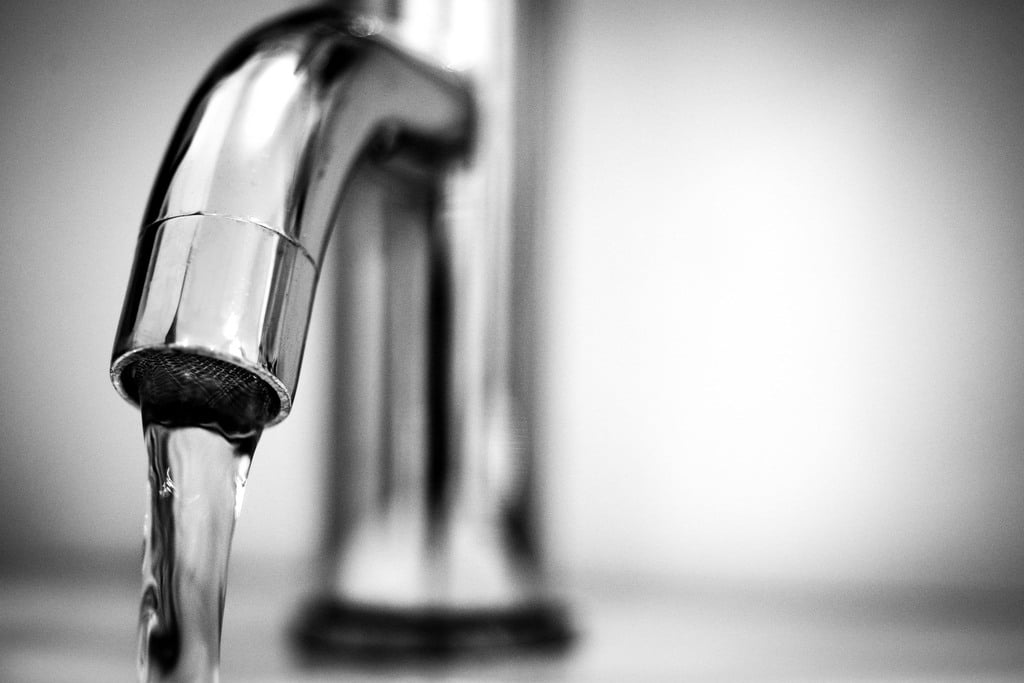
When your plumbing misbehaves during the rainy season, the first step to take is shutting off the water source. It can be as simple as turning off the valve at the base of the washbowl in your toilet. Turn the shut valve in an anti-clockwise direction. For flooding or large water, emergencies turn off the main water supply leading to your home.
One most likely cause is a burst pipe. Knowing what to do when you have a burst pipe will put you at an advantage. But you must call the plumber if the situation gets out of hand.
Check Your Water Heater
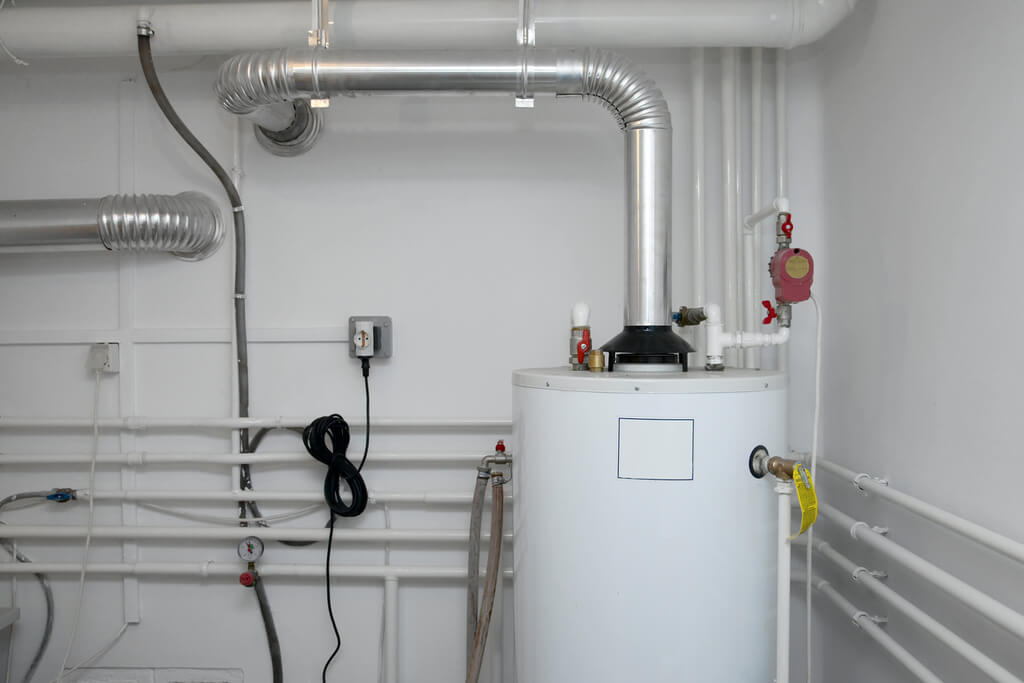
Nothing feels better like a warm shower when it is raining. But the water supply may be cut off while bathing. Shut off the water heater first to keep it from bursting due to overheating. Go out and diagnose the problem with the water supply.
Stop Small Leaks
You may notice small leakage in the pipes during the rainy season. That’s why it is a good idea to keep pipe fillers and duct tape in your toolbox. Stop the leak soonest possible. Stuff rugs into the holes, tie thick towels around the hole or place a water bucket under the pipe to prevent flooding. Call for emergency plumbing services.
Once the water supply is turned off, look for any signs of water damage or dripping to help locate the leak’s source. Depending on the leak type and severity, different types of leaks require different kinds of repairs. For example, a small leak in a rubber hose can be fixed with a simple patch, while a more extensive leak in a metal pipe may require replacement. Consider hiring a professional plumber if you need more clarification about the cause and the tools and expertise to fix the problem.
Open Drains and Water Outlets
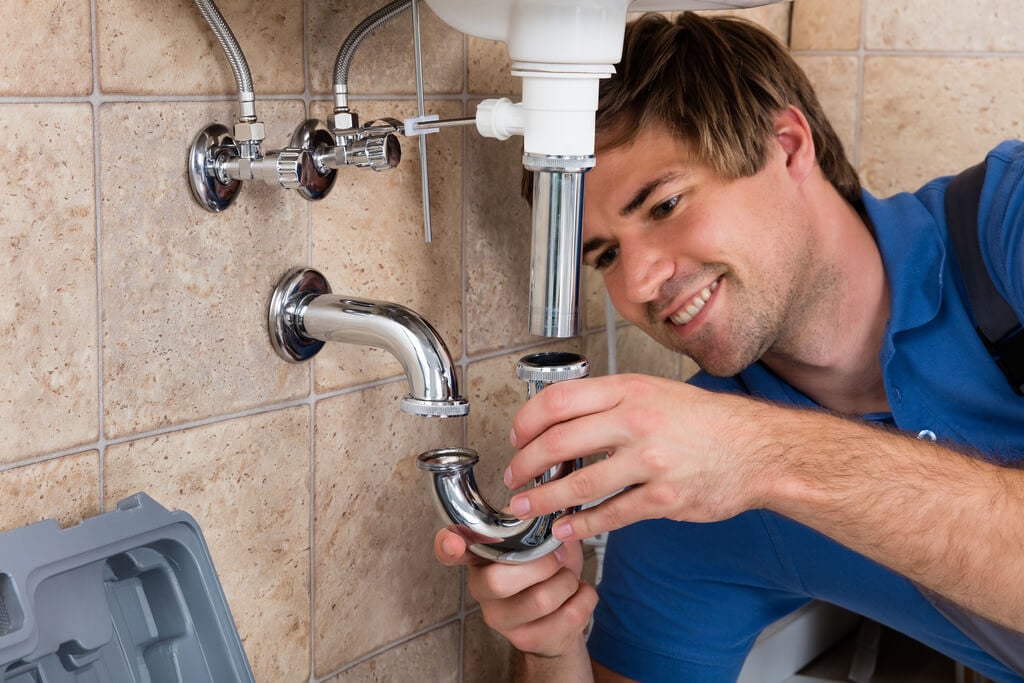
Some water will remain in the pipes even after shutting off the main valve. Drain this water by opening water outlets outside your home to prevent further flooding. Open the garden hose, too, to speed up the process.
In case of clogging, try gentle drain unclogging methods such as plunging. Chemical cleaners may damage the plumbing, further worsening the emergency before emergency plumbing services arrive.
Call for Help
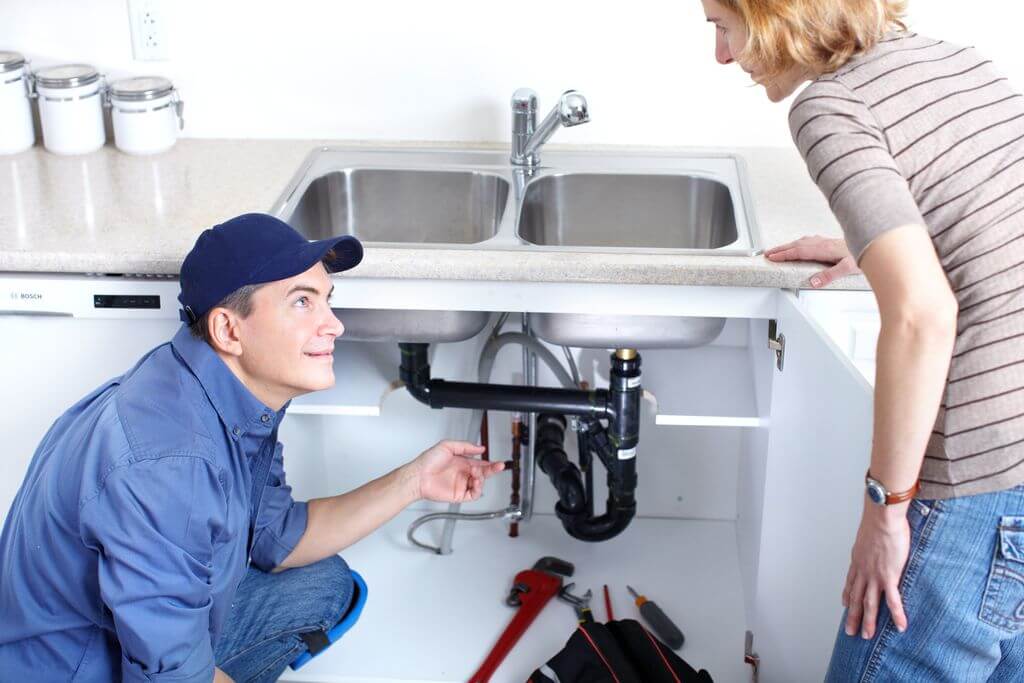
Don’t forget to call a plumber hotline while trying to solve the problem. Most companies have 24 hour plumbing contractors who can brief you on what to do or leave if the situation is too dangerous. They have tons of knowledge on common winter plumbing issues and may give you the best advice you can get out there.
Leaking Pipes
Leaking pipes are a common household plumbing problem even during the other seasons. Turn off the water supply if you notice a leak. Leaving the pipe empty will prevent further water loss. Shut the leak using duct tape or a homemade patch if you need water urgently. These are temporary measures before calling for emergency plumbing services.
Once the water supply is turned off, look for any signs of water damage or dripping to help locate the leak’s source. Depending on the leak type and severity, different types of leaks require different kinds of repairs. For example, a small leak in a rubber hose can be fixed with a simple patch, while a more extensive leak in a metal pipe may require replacement. Consider hiring a professional plumber if you need more clarification about the cause and the tools and expertise to fix the problem.
Leaking Water Heating Systems
First, confirm where the leakage is coming from. Turn off the water supply by turning a large valve located either at the side or above the heater. You can also shut off the water at the main supply. For electric heaters, switch off the electric power at the breaker box.
For gas water heaters, you have to switch off the gas supply from a square valve usually located below the gas heater. The arrow on the valve will guide you in the direction to turn.
Black and yellow stripes mark the gas line, so it is easy to spot. The last step is draining the water at the bottom of the heating pan. Turn on the valve at the bottom of the heater, attach a garden hose and let the water drain out.
If you aren’t sure how to do all of the above, wait for the emergency plumbers after cutting out the power or gas source.
Plugs and Clogs
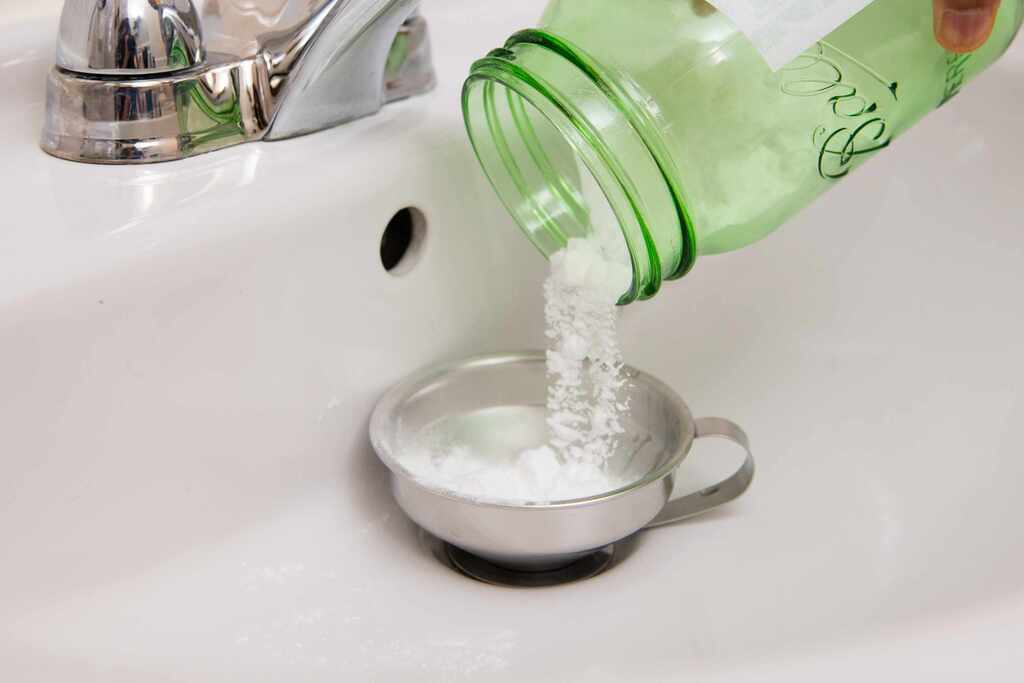
Drains get clogged a lot on rainy days, especially because most people are indoors. Common utilities such as the sink and the toilets may get clogged. Signs of clogging include slow-moving water or water not moving at all.
If you are sure that nothing solid has gone down the drain, try unclogging by chemical solutions. Drain cleaning chemicals are very corrosive and will dissolve any gunk, stopping drain movement.
Sometimes hard material objects such as tampons, towels, wipes, packing bags, and other debris may be clogging the drain. Here is where a toilet plunger comes in handy. It should be bell-shaped at the bottom for sinks and flat bottomed for toilets.
Stroke down the drainage pipe using slow, smooth, straight strokes up and down the drain to dislodge the stuck items. Follow up with a liquid cleaner if you succeed in removing the solid objects.
It’s best to install strainers in your sinks and showers to help prevent hair, soap, and other debris from entering your pipes and causing clogs. Also, remind family members not to flush items such as sanitary napkins, wipes, paper towels, or other nondegradable items down the toilet. Always keep a bottle of chemical drain cleaners handy as they can effectively break down clogs. Before using them, read the label carefully and follow the instructions, and avoid using them too often, since they can cause corrosion.
Clogs that drain water into your home are potentially dangerous and may lead to a disaster. Call for emergency plumbers immediately.
Foul Smells
If you see a color change in faucet water accompanied by a foul, you have a severe plumbing problem on your hands. The plumbing may have broken and shifted under the weight of the snow. Melting snow may have mixed the sewerage plumbing with the clean water in other pipes. Call a plumber immediately.
The above expert tips and tricks will help you tackle emergency plumbing issues during rainy days. You can reach out for emergency plumbing services from the experts.
Explore More

